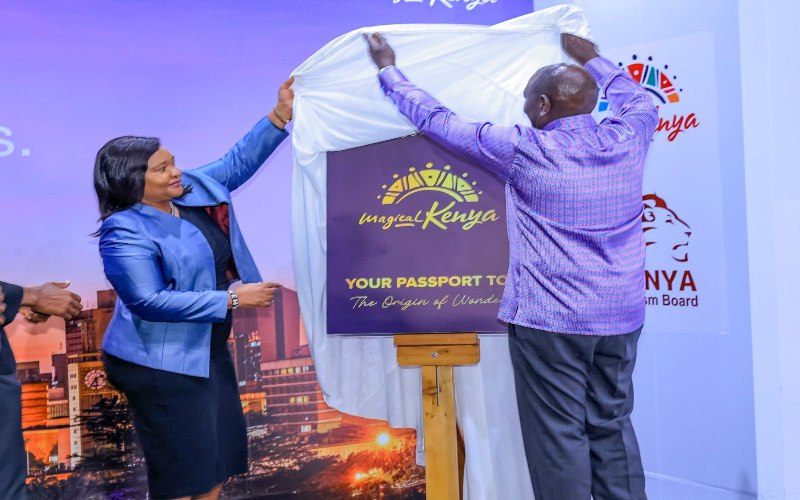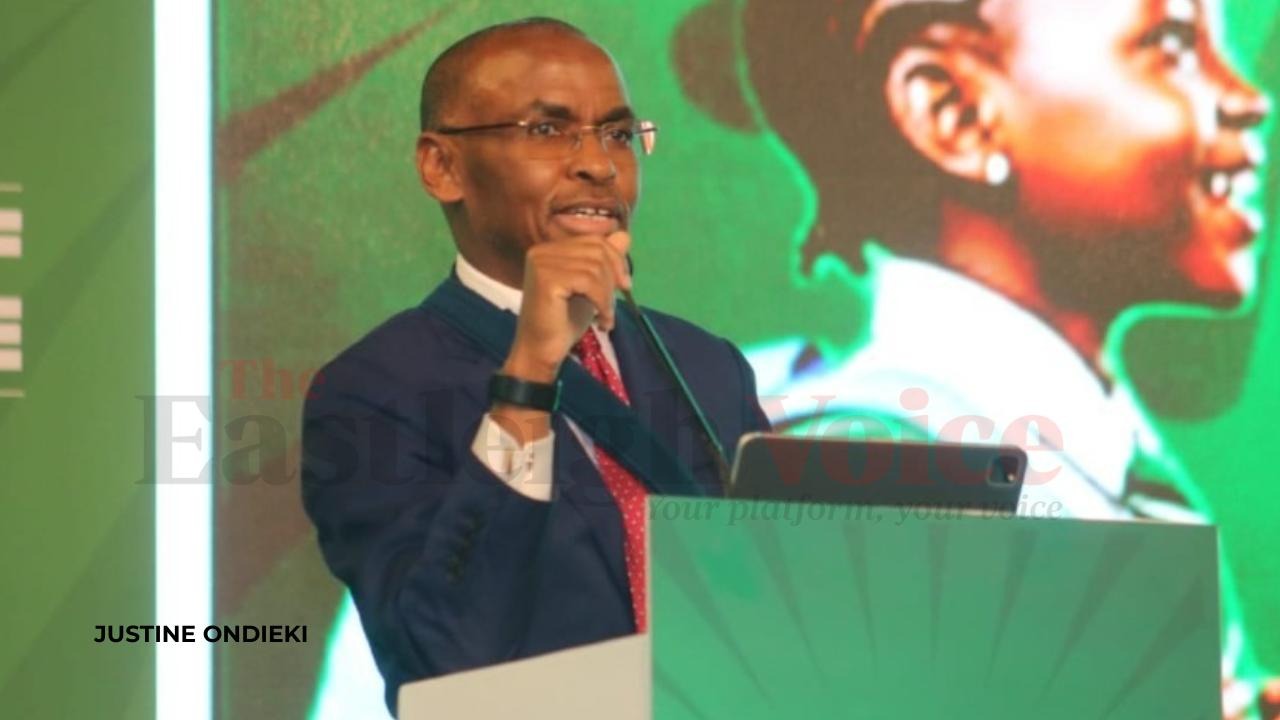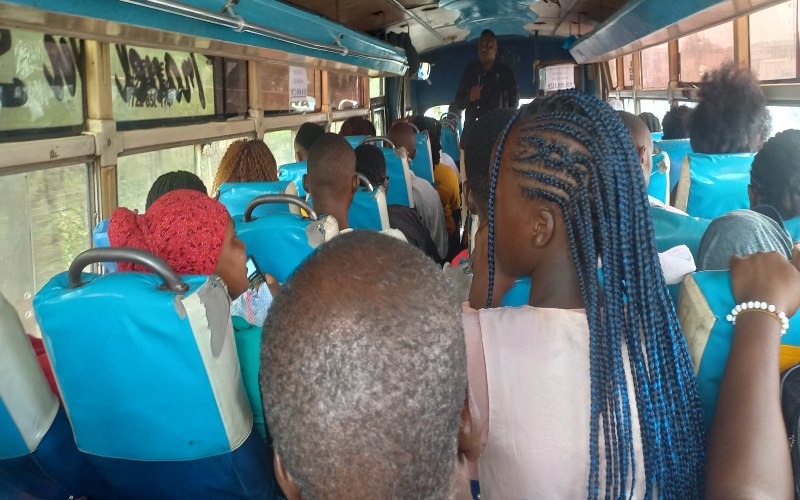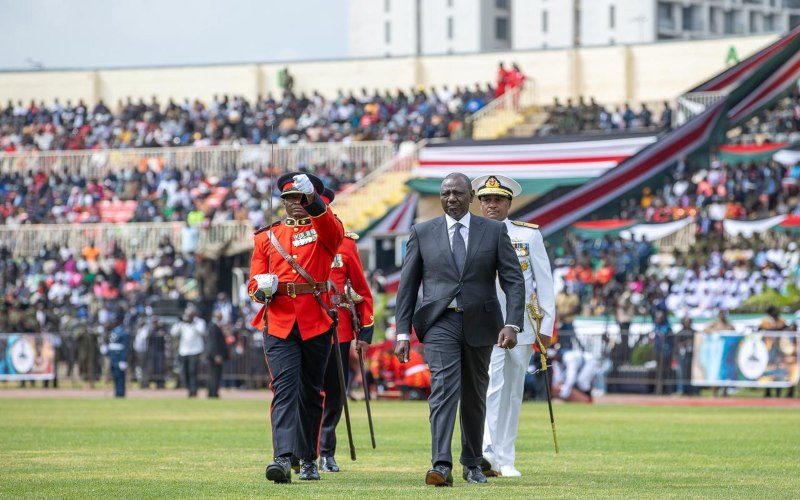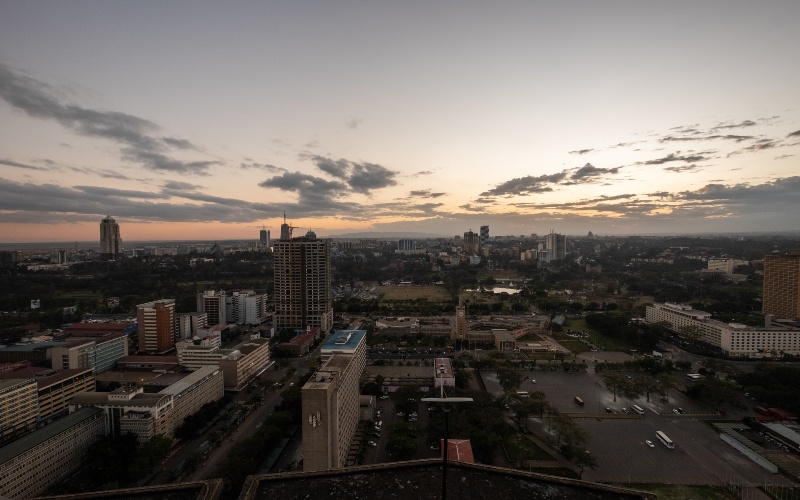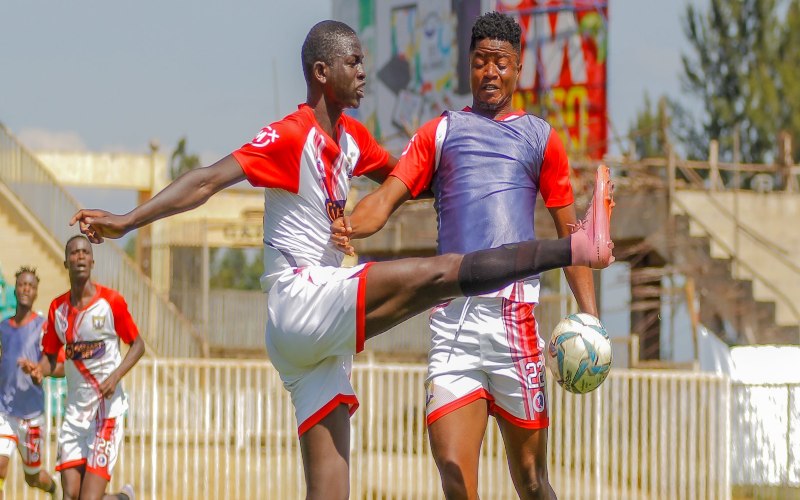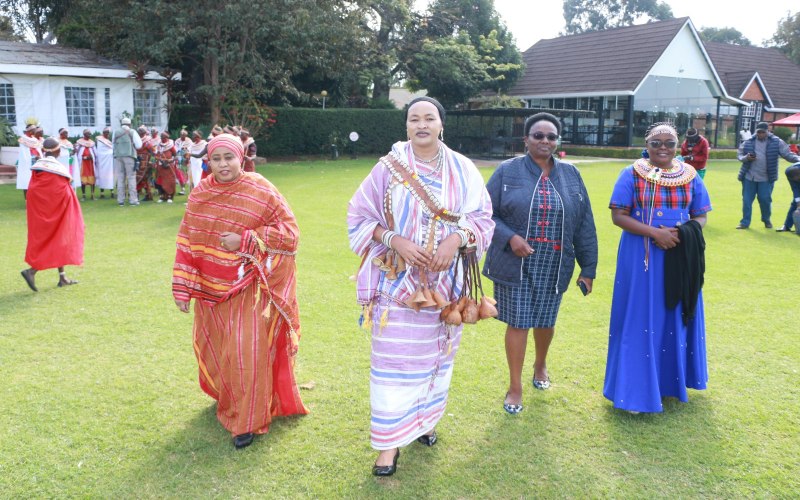WHO makes urgent appeal as DRC conflict hampers reponse to mpox outbreak

This outbreak is just one of many health threats in the region, alongside cholera, measles, meningitis, and plague, all exacerbated by severe flooding and landslides.
For about 15 months, the conflict in the Democratic Republic of Congo (DRC) has severely impacted the healthcare system, leaving many struggling with the outbreak of monkeypox (mpox).
The DRC's crisis has displaced a staggering 7.4 million people, with 2.8 million in North Kivu alone. The separatist M23 movement's major offensive in 2022 increased the number of forcibly uprooted people, prompting national and regional military responses that have struggled to restrain the militia's advance.
More To Read
- DRC to receive 200,000 Mpox vaccine doses from Gavi amid record outbreak
- Congo to get Japan's mpox vaccine for children from next week, Africa CDC says
- DR Congo mystery illness: What we know
- Africa CDC says more than $800 million pledged for mpox response
- Rwanda becomes first country in Africa to administer Mpox vaccination
- Health Ministry calls on counties to reactivate Covid-19 isolation centers amid growing Mpox fears
Meanwhile, the DRC is facing a significant threat from mpox, which remains a global health threat, with 26 countries reporting cases to the World Health Organization (WHO) this month. The virus spreads through close contact, causing flu-like symptoms and a skin rash.
The DRC's outbreak is just one of many health threats in the region, alongside cholera, measles, meningitis, and plague, all exacerbated by severe flooding and landslides.
As the country works to handle the multiple challenges, Adelheid Marschang, the WHO's senior emergency officer, made an urgent appeal to the humanitarian community on Friday, for immediate action to save populations.
Marschang reported that the DRC has seen 20,000 cases and over 1,000 deaths from the virus since the start of 2023 and that over 11,000 cases, including 443 deaths, have been reported this year, primarily children.
She also warned that 40 per cent of the population, or 40.8 million people, face serious food shortages, with 15.7 million facing severe food insecurity.
On Wednesday, health authorities reported that at least 25 cases of a dangerous new strain of mpox had been detected in the eastern city of Goma, mostly in camps housing people fleeing surrounding conflicts. Goma is the capital and largest city of the neighbouring North Kivu province.
In a recent interview, Cris Kacita, head of the national response team against the mpox epidemic, stated that most of the newly reported cases were in displaced people camps and that they involved a new strain of the virus spreading in South Kivu.
The WHO and scientists raised the alarm last month about the mpox situation in the DRC, including the spread of a new strain of mpox in South Kivu, fearing it could spread in overcrowded camps around Goma.
So far, authorities have approved the use of vaccines to tackle the upsurge, but none are available outside of clinical trials in the country. Also, military activity in these areas has made it difficult for health authorities to contain the virus, the WHO says.
The mass displacement in the DRC has overwhelmed water and sanitation systems, further burdening the population's scarce resources.
At least 25 million people are caught up in the humanitarian crisis in that country, where a neglected health emergency continues to unfold at an alarming rate.
For decades, conflict in the mineral-rich eastern DRC has caused violence, mass displacement, widespread disease, gender-based violence, and severe mental trauma, Marschang explained.
The country now has the highest number of people in need of humanitarian aid globally, with 25.4 million affected and many in chronic and acute shock.
The deteriorating healthcare situation has particularly impacted women and children, who make up 50.6 per cent and 40.9 per cent of those in need of medical aid, respectively.
Top Stories Today





